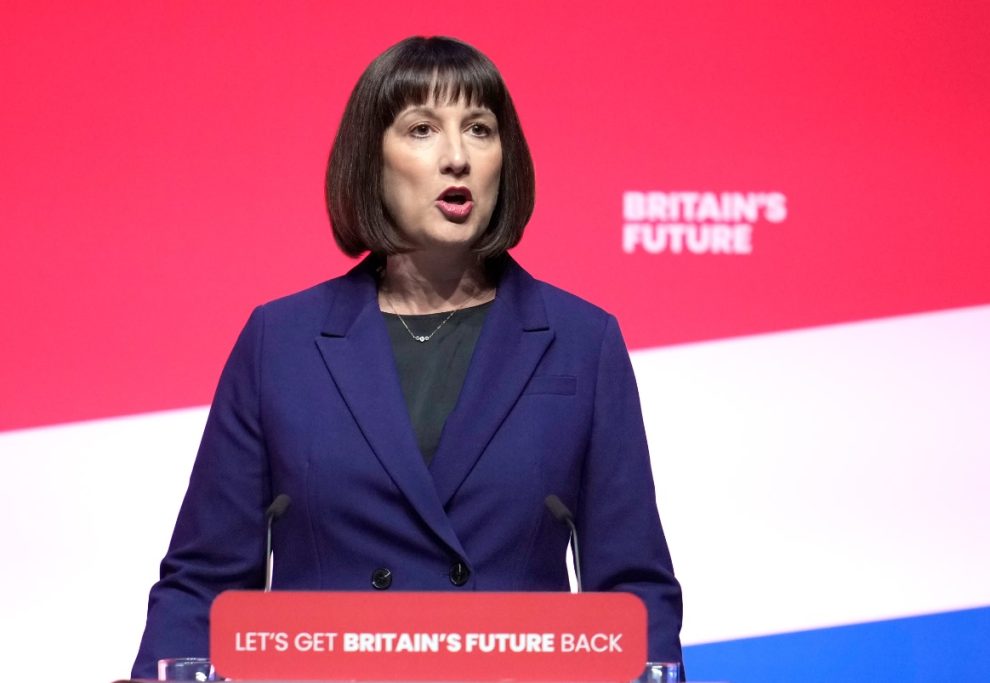THE CHANCELLOR is poised to announce a significant increase in National Insurance contributions for employers, aiming to generate £20 billion in additional funding for public services, including the NHS in England.
The Budget, set for Wednesday, will likely feature a lowered threshold for employer contributions to National Insurance, allowing these combined measures to become the largest revenue drivers in the upcoming Budget. However, Chancellor Rachel Reeves is not expected to apply the increase to employers’ pension contributions.
Currently, employers pay 13.8% on earnings over £175 a week. A two-point hike to 15.8% would yield an estimated £18 billion annually, though the threshold adjustment may push that figure higher.
A government source commented: “There is a universal consensus that the NHS needs more money. That means asking businesses to help out. The choice is investment versus decline.”
Tough choices for NHS funding
Speaking at a news conference during the Commonwealth Heads of Government Meeting in Samoa, Prime Minister Sir Keir Starmer remarked that the government is prepared to make “tough decisions” to support the NHS. However, he declined to provide further Budget details.
National Insurance represents the UK’s second-largest revenue stream after income tax, encompassing contributions from employees, the self-employed, and employers. The Chancellor has signaled that while the Labour manifesto promised not to increase National Insurance for “working people,” this was intended to shield employee contributions, not those of employers.
Wider budget implications and business concerns
As Labour prepares for its first Budget in nearly 15 years, concerns are rising about the potential for further tax changes, including a freeze on income tax thresholds, a possible hike in taxes on asset sales, and revisions to inheritance tax.
In a recent International Monetary Fund meeting, Reeves underscored the need for responsible spending, hinting that a return to austerity is off the table. Instead, she emphasized that day-to-day expenses must align with tax receipts, given the current state of critical services like the NHS and prisons.
Yet the potential impact of these changes has sparked concerns among businesses, who argue that a National Insurance hike could dampen job creation and wage growth, ultimately hampering economic expansion. The government, however, maintains that these funds are essential to rescue the NHS, even as critics argue the increase is a “tax on jobs” and breaches the Labour manifesto.
Addressing the housing crisis
In addition to healthcare funding, the Chancellor is expected to unveil a £500 million initiative to build up to 5,000 affordable homes in England, aimed at addressing the national housing crisis. This will be accompanied by a consultation to limit Right to Buy, protecting council housing stock for future generations.
Meanwhile, the Fire Brigades Union has called on Reeves to deliver a Budget that ends what they describe as the “catastrophic austerity era.” In a letter to the Chancellor, Union leader Matt Wrack warned of potential strike action if the Budget does not provide substantial funding, citing severe hardship among firefighters due to prolonged real-term pay cuts.
As Wednesday approaches, Labour faces the task of balancing its commitment to economic growth with the urgent demands of public services. The Conservatives, however, have criticized the impending National Insurance hike, accusing Labour of redefining the term “working people” as the Budget deadline looms.
















